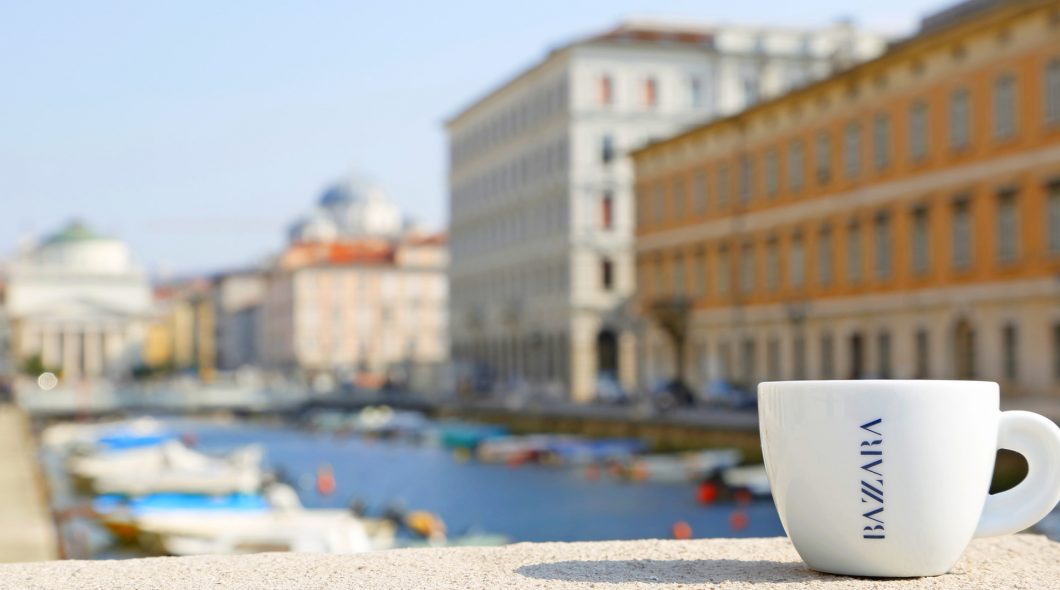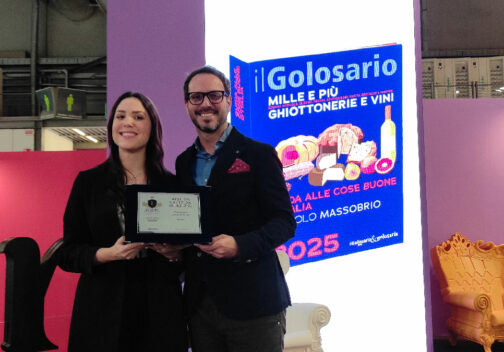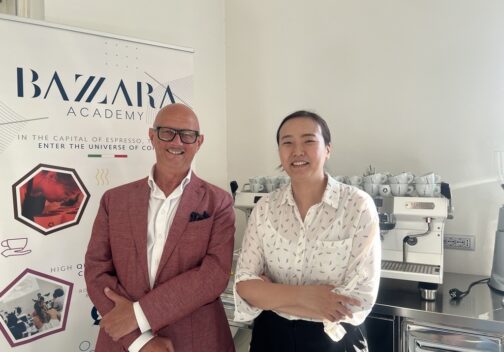Maria Theresa and her influence on the diffusion of coffee in Trieste

Trieste is the coffee capital par excellence. Every day in its port ships transporting million of tons of green coffee dock; this coffee will be then traded throughout Italy. This happens in particular thanks to the expansionist politics of more than 3 centuries ago by the Austrian Empress Maria Theresa.
In Trieste, coffee is not only sold but, already inside the free port (Porto Franco), it lives the entire production chain. Here it is possible to find:
- Exporters
- Brokers
- Importers
- Shippers
- Banks
- Insurance companies
- Green coffee processing factories
- Roastery
- Decaffeination
- Consumption
All of this is to be owed mainly to a single person: the Austrian-Hungarian Empress Maria Theresa.
She brought to the city a series of reforms that transformed it into the city we know today. The real estate registry was established together with the compulsory primary education and the inquisition was abolished.
But let’s take a step back. Thanks to the designation as Porto Franco (free port) by the will of Charles VI in 1719 and to the following strengthening realised by Maria Theresa, Trieste becomes one of the main commercial ports in Europe.
Therefore, it can be said that since the early 1700s the city has specialised in the trade of coffee like Hamburg, Marseille and Livorno. The most important coffees were the ones produced in Ethiopia and Yemen.
The politics on customs duties carried out by the Empress Maria Theresa were the element that influenced the most the diffusion of this beverage. It is indeed in 1779 that taxes on the consumption of alcoholic beverages are imposed, contrary to what happened for coffee.
In the region Friuli Venezia Giulia, the first people who spread and use this beverage are the aristocrats who want to emulate the Royals. Later, in about the first half of the XIX century, it reaches also the bourgeoisie and the middle class. In the same years, the city experiences a great increase in the number of Botteghe del Caffè (small coffee shops): in 1815 there are already 38 cafés on 33.000 inhabitants.
Another great incentive given by Maria Theresa to the diffusion of the product was the possibility given to the coffee merchants to sell spirits and vice versa to the spirits sellers to sell and produce coffee.
Thanks to all this and to the Empress’s politics, Trieste develops a permanent bond with this beverage. Over time and with the increase in the numbers of cafés (and of licences too) the citizens’ habits change. The Trieste middle class citizens begin to experience more the “cafés life”: here they read, write, play and speak with their peers. It is also thanks to this aspect that the so called historical cafés have overcome wars and economic crisis. In these places, scholars like Svevo, Joyce, Saba and Stendhal wrote masterpieces of the world literature.
Among the most famous we can mention the Caffè Tommaseo, opened in 1830 or the Caffè degli Specchi founded just some years before. Likewise important is the Caffè San Marco opened in 1914 and immediately meeting place for the irredentists. Regular costumers after the reconstruction (since it was destroyed during the war) were: Saba, Svevo and Giotti.
The great coffee culture that the citizens of Trieste have inherited in 3 centuries of history of the free port made possible the creation of professional training schools dedicated to Espresso coffee.
Among them, we must mention the Bazzara Academy that has as its mission the will of creating unique paths that can thrill and fascinate by spreading the passion for high quality espresso using cutting edge tools.
The Bazzara Academy is among the few academies in Italy that have as trainers three inner SCA AST: Andrea, Marco and Mauro Bazzara.
Marco is the Quality manager of the company. Always part of the coffee world, he decided to enrich his sensory expertise with several specialised degrees: wine, honey, water, aquavit and chocolate.
At the Bazzara Academy, you can attend either tailored courses, designed together with the trainer, or one of the courses of the SCA Coffee Skills Program in order to pass the exams and obtain the certifications.
Write an email to academy@bazzara.it for more information.









